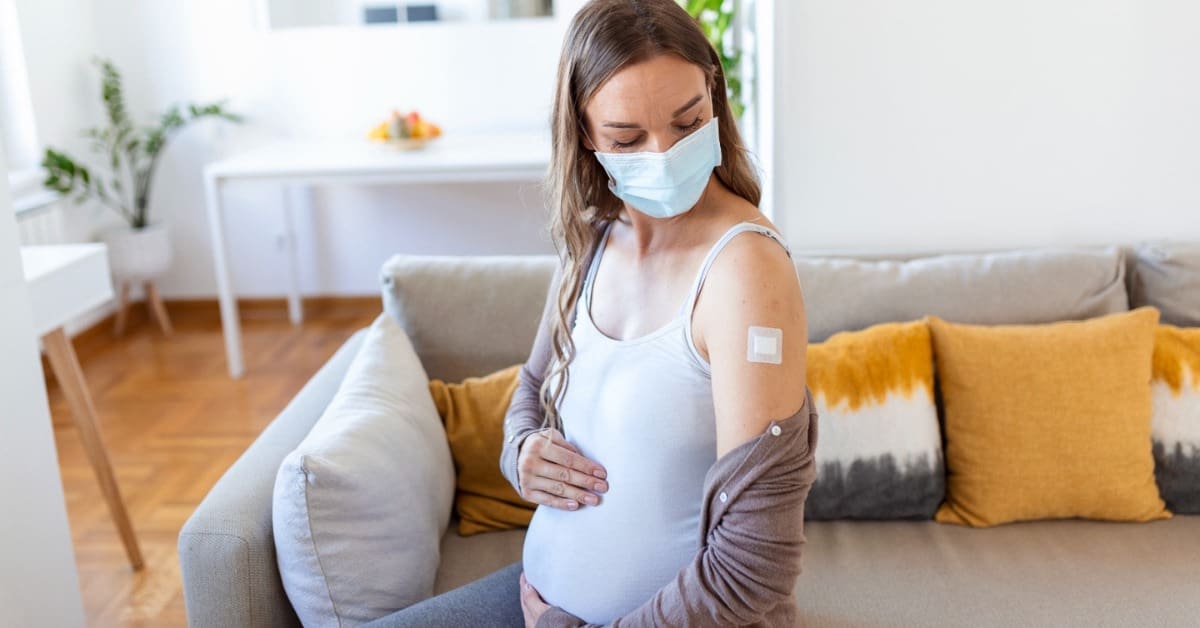Dengue fever, a mosquito-borne viral infection, poses a significant threat to individuals across the globe. For pregnant women, the concerns are even more pronounced, as the effects of dengue during pregnancy can be particularly alarming. In this article, we delve into the potential risks and complications associated with dengue during pregnancy, shedding light on the importance of seeking guidance from a pregnancy specialist in Indore.
The Dual Challenge: Pregnancy and Dengue
Expectant mothers undergo a delicate phase, and when coupled with a dengue infection, the challenges multiply. The immune system changes during this period, making women more susceptible to infections. Dengue, with its characteristic symptoms of high fever, severe headache, and joint pain, can exacerbate these challenges.
Risks and Complications for the Unborn Child
Dengue during pregnancy raises serious concerns for the health of the unborn child. The virus can cross the placental barrier, leading to complications such as preterm birth, low birth weight, and, in severe cases, foetal death. Understanding these risks underscores the urgency of proactive medical intervention.
Identifying Symptoms and Seeking Prompt Care
Recognising the symptoms of dengue during pregnancy is crucial for timely intervention. Persistent vomiting, abdominal pain, and bleeding are red flags that should prompt immediate medical attention. A pregnancy specialist doctor in Indore possesses the expertise to navigate the delicate balance of managing dengue in pregnant women.
Prevention Strategies for Expectant Mothers
While there is no specific vaccine for dengue, pregnant women can adopt preventive measures to reduce the risk of infection. These include using mosquito repellents, wearing long sleeves and pants, and avoiding outdoor activities during peak mosquito activity hours. Consulting with a pregnancy specialist in Indore can provide personalised guidance on effective prevention strategies.
